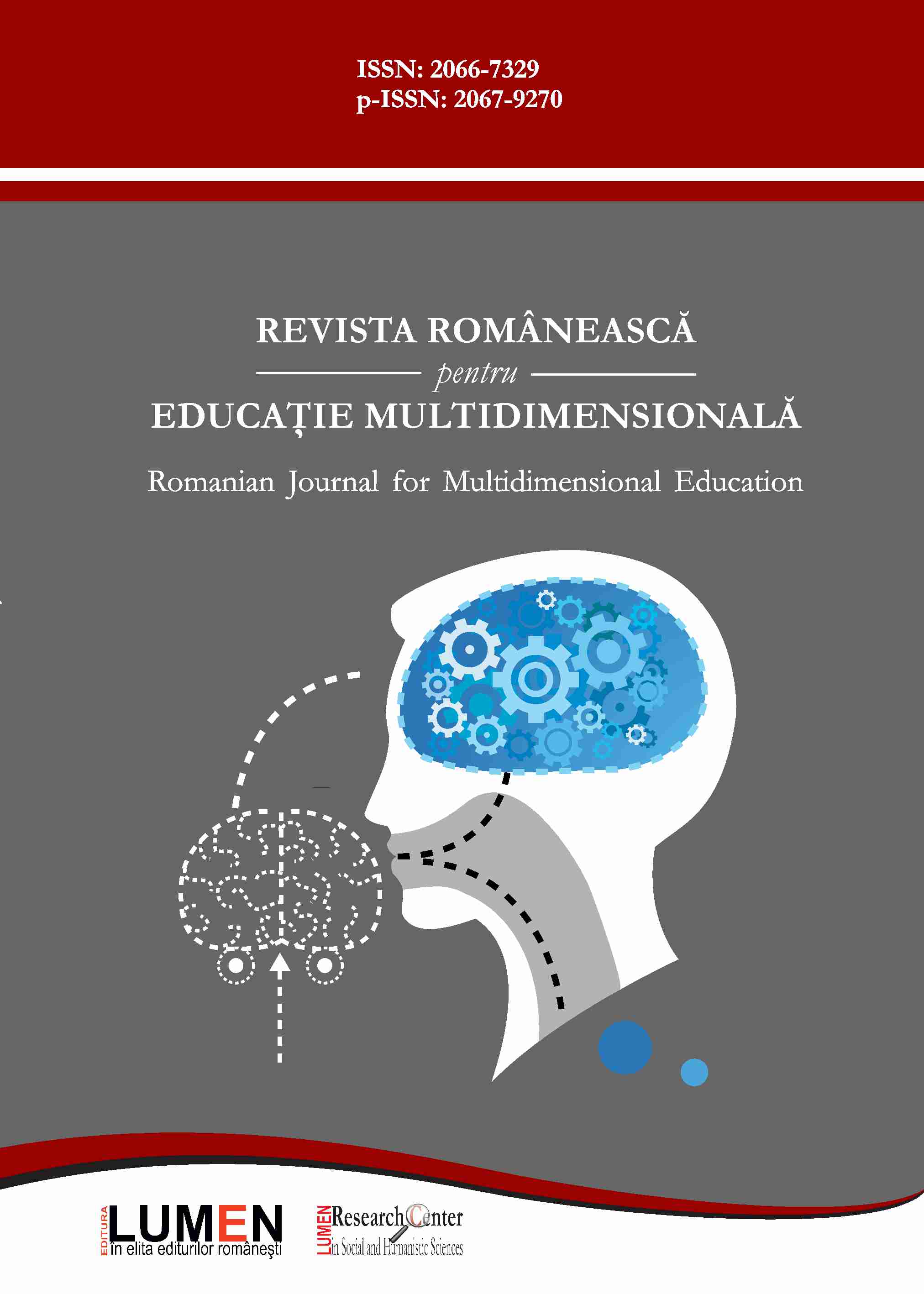Improving Educational Policy in the Context of Improving the Organizational Structure of Physical Education Lessons in Schools
Improving Educational Policy in the Context of Improving the Organizational Structure of Physical Education Lessons in Schools
Author(s): Mariia Oliiar, Marianna Havryliuk, Tetiana Antonenko, Yulia LOPATENKO, Iryna TYMOFIEIEVASubject(s): Social Sciences, Education
Published by: Editura Lumen, Asociatia Lumen
Keywords: youth; physical education; physical fitness; health values; educational institution;
Summary/Abstract: The article deals with the problems of success in New Elementary School, which does not depend on new partners or laptops, but primarily on radical changes in the organization of the educational process. And first of all, will we be able to shift in it the emphasis on the developing component (physical, intellectual, aesthetic, emotional, etc.). Will we be able to ensure the diverse development of pupils by all schools? Will we be able to provide a diverse schooling system for all students? Will not all pedagogical innovations lead to a deterioration of the students' condition and, consequently, to lower the educational component? To prevent this happening, it is essential to change the approaches to physical development of students, to strengthen their health. It is possible to predict the regular educational overload of young schoolchildren, if not significantly change the basic approaches to physical education of children. This will be discussed in this article. Today, there is a transformation of all spheres of social security of the life of the population, the need for research and a constructive approach to the scientific substantiation of methods of state influence on the social development of the society is growing. Of particular importance are issues of government assistance to the development of the education sector due to the growing imbalance between consumers of highly qualified specialists for enterprises, institutions, institutions and the financial capabilities of the population as a provider of human resources for acquiring knowledge in educational institutions.
Journal: Revista Românească pentru Educaţie Multidimensională
- Issue Year: 12/2020
- Issue No: 3
- Page Range: 329-340
- Page Count: 12
- Language: English

